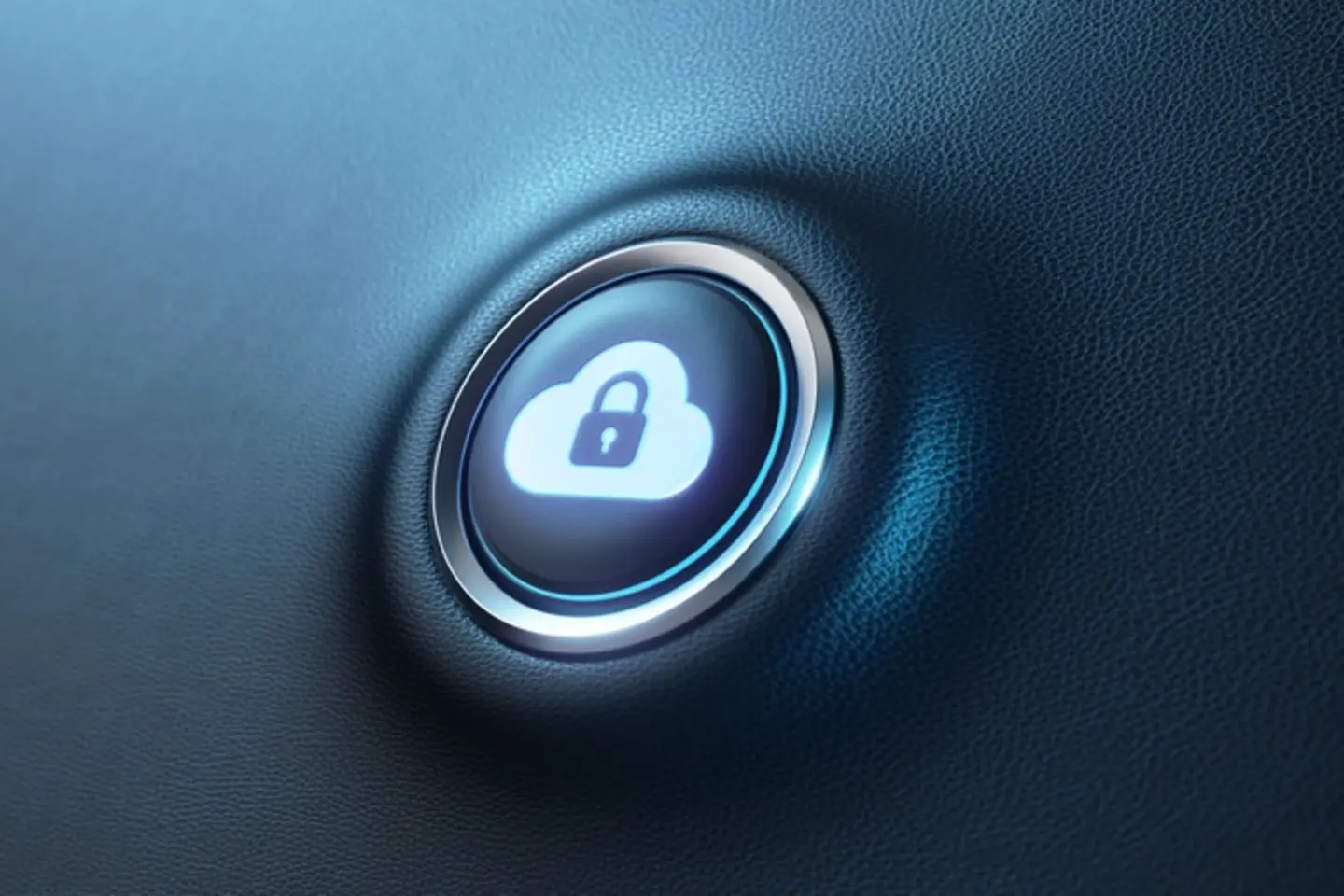
The modern car offers an ever increasing target for hackers: the networking within the vehicle, with other vehicles, and with the traffic infrastructure, the manufacturer’s back end, and the passengers’ smartphones and tablets open up numerous new gateways for hackers. T-Systems offers a comprehensive automotive security strategy – from the development of the vehicle, through production and operation, to decommissioning.

Spying out vehicle position data and creating movement profiles of people, manipulating control equipment remotely and blackmailing fleet managers, calling expensive hotlines via the integrated SIM card, or outwitting the radio key system and stealing the car: hackers can have different methods and reasons for attacking a connected vehicle. The automotive industry must adopt and link security measures for all areas of the connected car’s digital ecosystem. This also applies to all data – from creation to transmission and storage. The objective: end-to-end security. This is indispensable, especially with regard to autonomous driving, as third-party interventions bear even greater risks.
Security concepts for connected vehicles must take into account the entire service life of the car and its individual components. Comprehensive security begins with Security by Design: safety considerations must be taken into account right from the development of vehicle parts and functions. Even before the first kilometer is driven, penetration tests can be used to detect potential weaknesses in hardware and software. The data traffic in the car must be continuously monitored and protected just as much as the interfaces to the outside world. This applies to the mobile phone network as well as to the car manufacturer's back end. T-Systems offers you perfectly suited solutions to protect your vehicles against cyber attacks and advises you on the implementation of new standards such as ISO/SAE 21434 and UNECE.
Deutsche Telekom's business customer division T-Systems also provides car manufacturers and suppliers with solutions to ensure the end-to-end security of the IT and telecommunications infrastructure around the networked vehicle in addition to functional safety. The security portfolio for the automotive industry is an important component of the Telekom Security Group unit. The broad automotive know-how in the Group with around 4,000 automotive experts is coupled with security and data protection solutions made in Germany.
Within the framework of the EU regulations on cyber security, the UNECE is currently working on a certification for a cyber security management system (CSMS), which is to become mandatory for the type approval of vehicles. In addition, the ISO/SAE 21434 standard is intended to define a technical standard for uniform measures in vehicle development to protect connected vehicles against cyber attacks. It is expected to come into force in November 2020 and defines organizational procedures to ensure vehicle safety. These include methods for risk assessment and product testing as well as requirements for vehicle production. When it comes to implementing IT solutions for the automotive industry within the scope of these guidelines, T-Systems, as a BSI-certified IT security service provider, is at your side in the area of security consulting and will advise you individually on all questions relating to cybersecurity for the automotive industry.